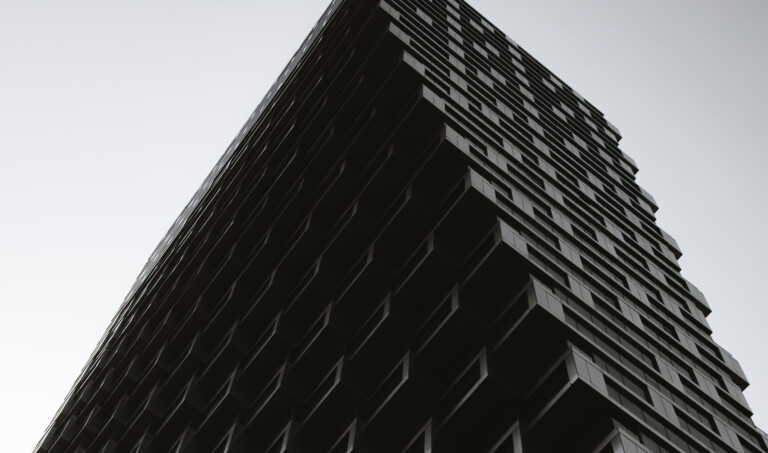
Additional Rent Increase
On June 30, 2021, the Residential Tenancy Branch (the “RTB”) announced the introduction of the Additional Rent Increase (the “ARI”). Effective July 1, 2021, residential landlords have the opportunity to apply to the RTB Director for an increase in rent of 3%, in addition to the annual rent increase.
The purpose of the ARI is to encourage residential landlords to invest in their rental properties by allowing them to recover a portion of the cost of eligible capital expenditures. For a capital expenditure to be eligible for an ARI, it must be incurred for the installation, repair or replacement of a major system or major component for one of the following reasons:
- to maintain the residential property in a state of repair to comply with health, safety and housing standards;
- the major system or component has failed, is malfunctioning, is inoperative or is at the end of its useful life; or
- to achieve a reduction in energy use or greenhouse gas emissions or an improvement in the security of the residential property.
Additionally, an eligible capital expenditure must have been incurred within the 18-month period prior to applying for an ARI and must not be expected to recur for at least five years. Examples of eligible costs are replacing an asphalt roof that is at the end of its useful life, updating obsolete single-pane windows in a rental building, or a new boiler for the building. However, costs that are a result of inadequate repair or maintenance by the landlord, costs that have been paid to the landlord from another source, and the costs of routine or ongoing maintenance, such as carpet cleaning, repairing a leaky pipe or painting walls, are not considered eligible capital expenditures for an ARI.
Once a landlord has applied for an ARI, they will be provided with a Notice of Hearing package and the landlord will have to serve each tenant involved in the rent increase. If successful, the RTB will approve an ARI to a maximum of 3% per year. The ARI will be calculated based on the amount of eligible capital expenditures divided by the number of dwelling units, then amortized over a period of 120 months and any amount exceeding the cap can be rolled over to the second and third year. Additionally, the ARI must be given with the annual rent increase, tenants must be given three months’ notice about the ARI and the ARI can only be applied at least 12 months since the last rent increase or when rent was first established.
New Regulations: Ending a Tenancy for Renovations and Repairs
New regulations also came into force on July 1, 2021 requiring residential landlords to obtain approval from the RTB prior to ending a residential tenancy in order to carry out renovations and repairs. These regulations were introduced to prevent the termination of tenancies while allowing residential landlords to carry out required renovations. The new regulations require residential landlords to:
- ensure they have all necessary permits and approvals for the renovations and repairs;
- apply to the RTB for an Order of Possession; and
- submit all necessary evidence.
Under the new regulations, residential landlords will only be capable of terminating tenancies for renovations or repairs where doing so is the only way that the renovations or repairs can be done, and the tenant may be eligible for compensation if the stated purpose for ending their tenancy is not carried out. The new regulations shift the onus to the residential landlord to prove that they have used the property for the purpose stated in ending the tenancy. If approved by the RTB, tenants will have four-months’ notice before their tenancy is ended.



